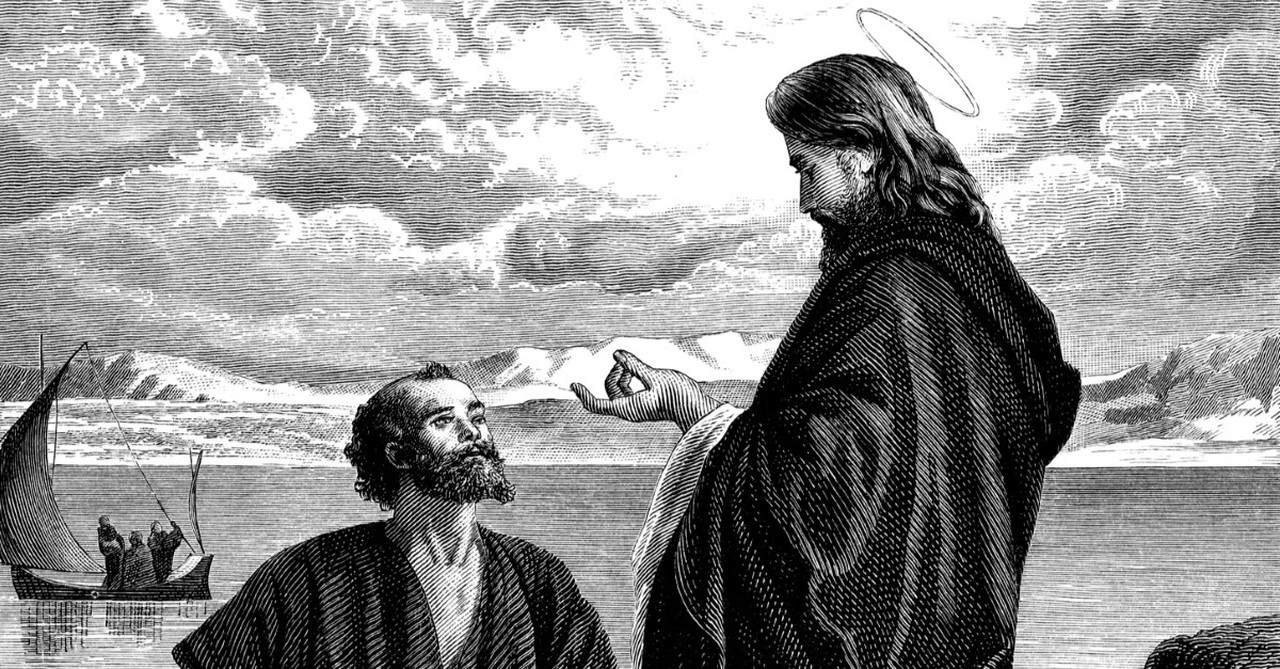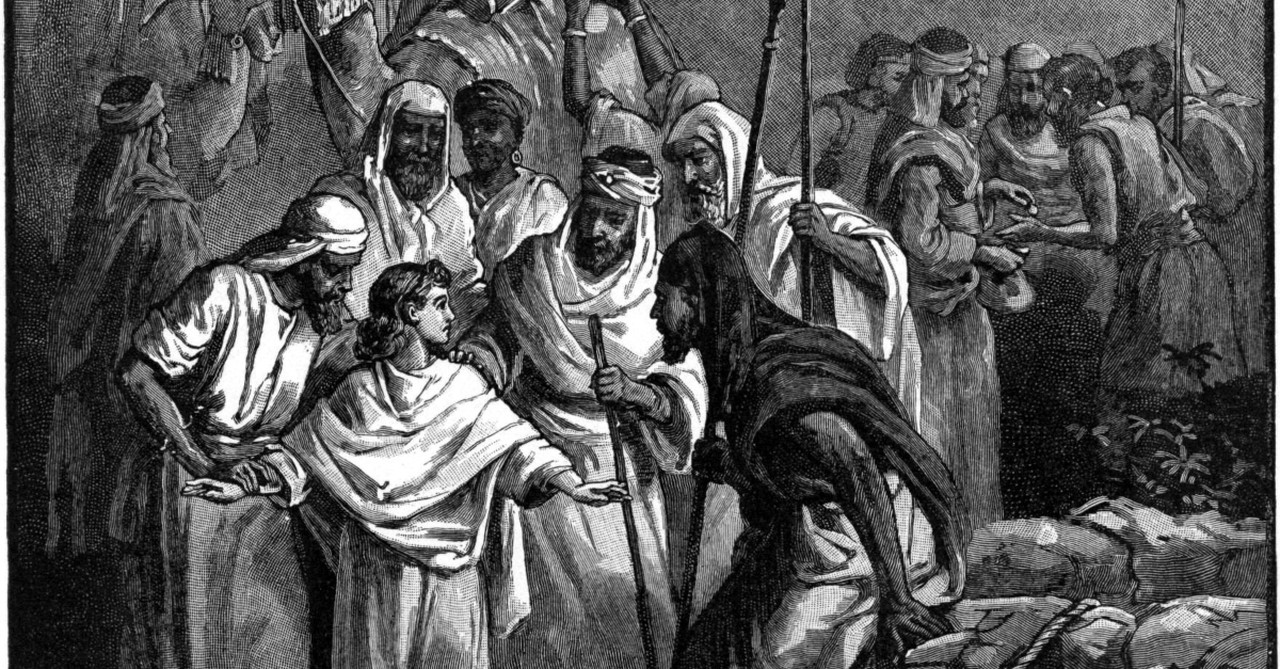The Thief on the Cross, one of two who encountered Jesus during the crucifixion, offers a profound lesson on God’s forgiveness and salvation (Luke 23). The second thief begins to mock Jesus, saying Christ should prove himself by saving the three of them from his awful and agonizing execution.
The Romans perfected and used crucifixion to publicly humiliate criminals and non-citizens of the empire, instilling fear in conquered peoples. It generally took hours to die, usually suffocating, while being nailed through hands and feet to the cross.
The first thief rebukes the one who mocked Jesus, asserting Jesus’s innocence, saying, “This man has done nothing wrong. He then turns to Jesus to say, “Jesus, remember me when you come into your kingdom” (Luke 23:42). In response to this sincere plea for forgiveness and mercy, Jesus assures the thief, “Truly I tell you, today you will be with me in paradise” (Luke 23:43).
This thief was promised paradise upon his repentance. He didn’t get baptized or take communion. He didn’t go through a membership course. Yet through his simple act of faith and repentance, Jesus gives him the Kingdom.
Through this interaction, the Thief on the Cross teaches us salvation by grace and faith alone. Our repentance is first and ultimately a position of the heart. The thief did act from faith, as well, believing in the Kingdom, the Messiahship of Jesus, and asking to be a part of it all.
Photo Credit:©GettyImages/ronniechua















